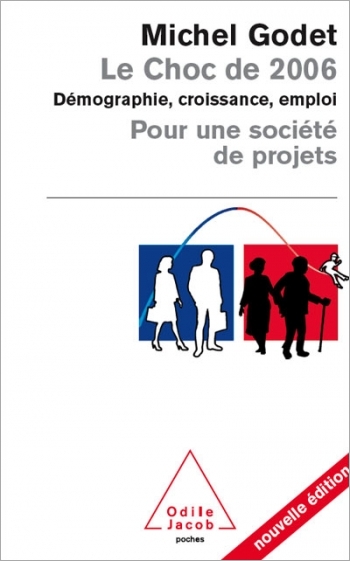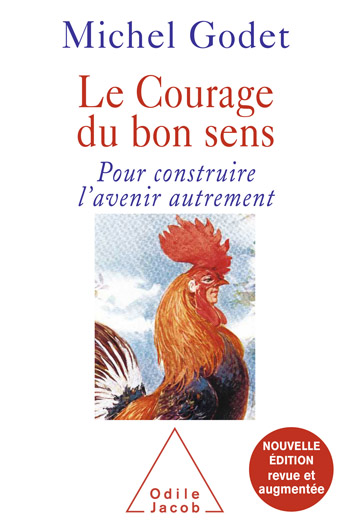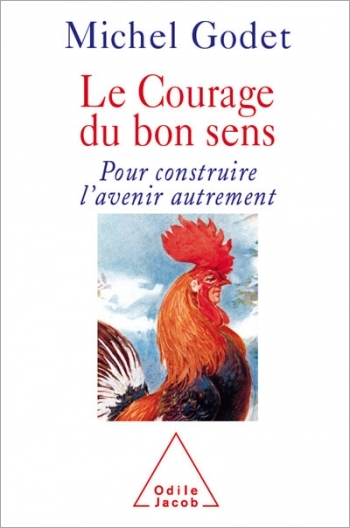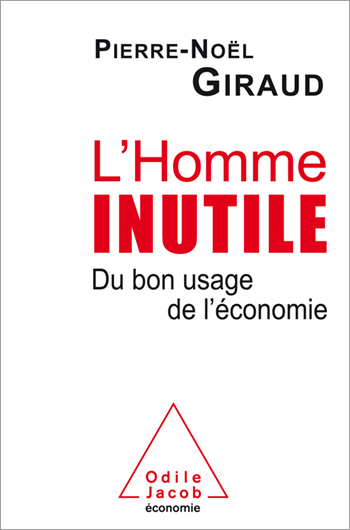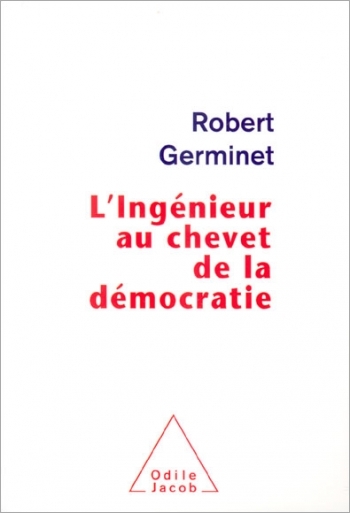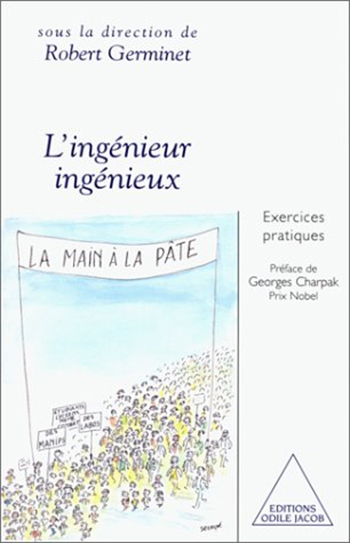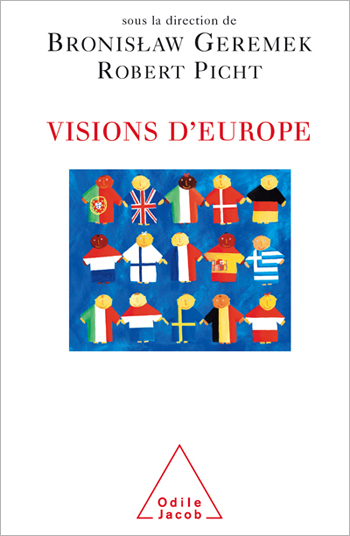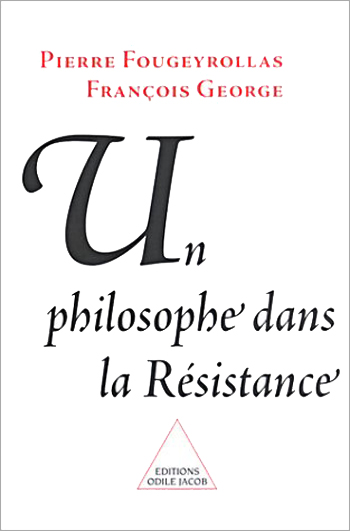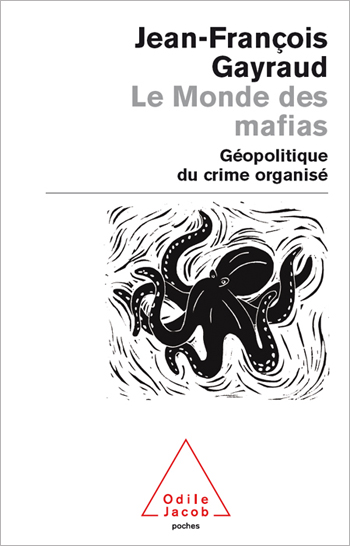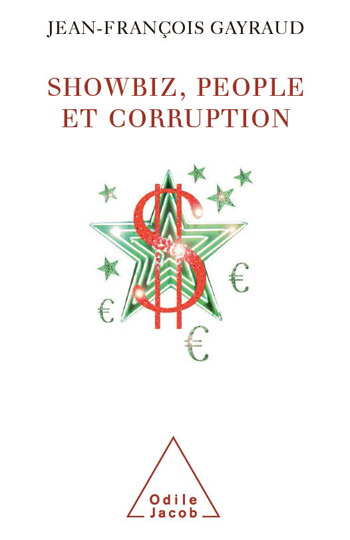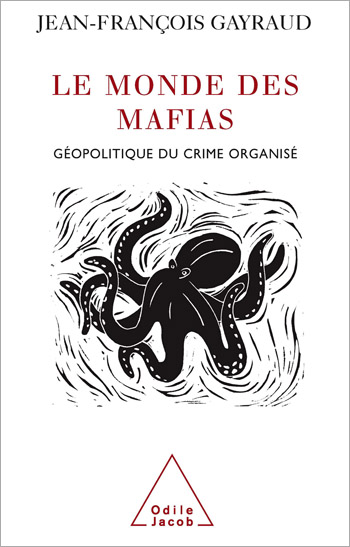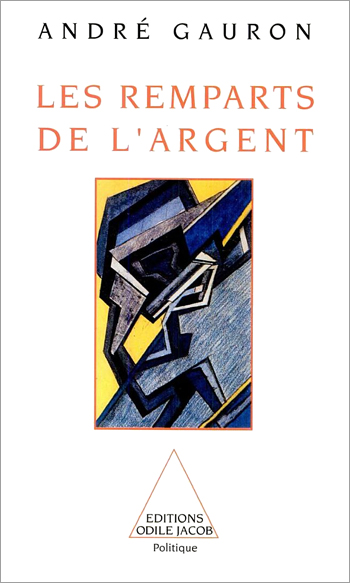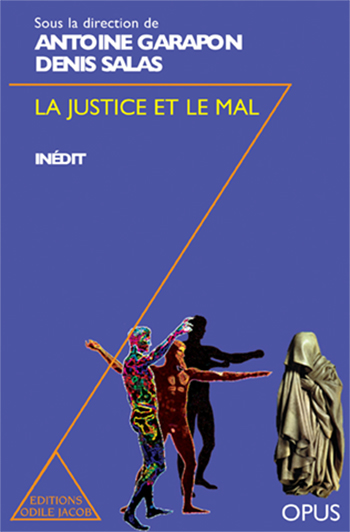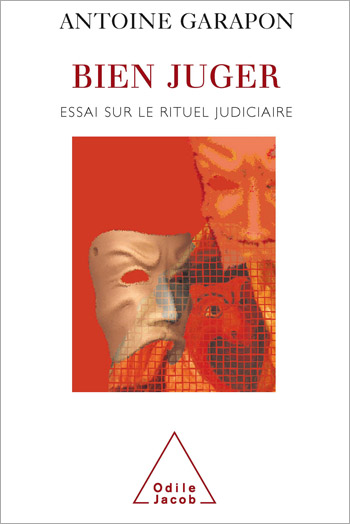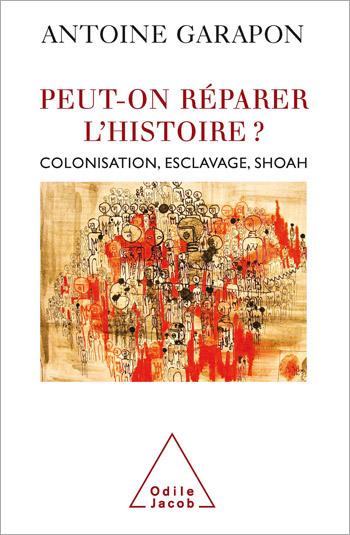Human Sciences All books
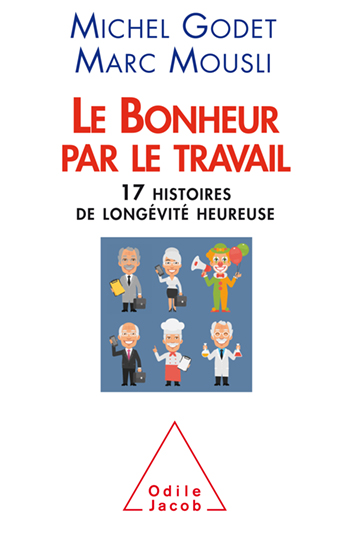
Michel Godet, Marc Mousli
The Joy of Work Working brings us alive
A message for our political and economic leaders: work plays a central role in our societies, and seniors constitute a formidable pool of skills that they must learn how to use
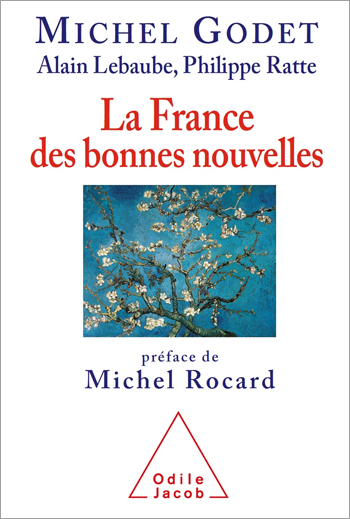
Michel Godet, Alain Lebaube, Philippe Ratte
Good News in France
“Once upon a time, there was a marvellous country called France, famed for its geographic and geologic variety as well as for its rich heritage and the diversity of its cultural traditions...
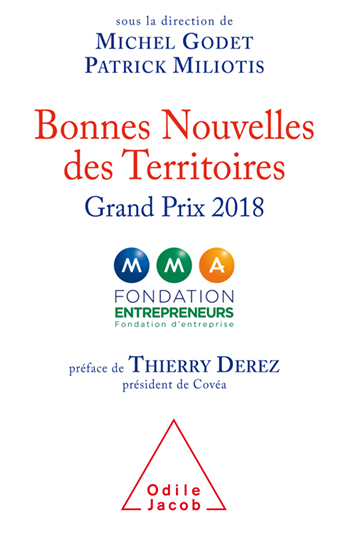
Michel Godet, Patrick Miliotis
Good News Territories Prize-Winning 2018
The 2018 Grand Prize honoured thirteen winners, whose beautiful, powerful and reproducible stories are told here.
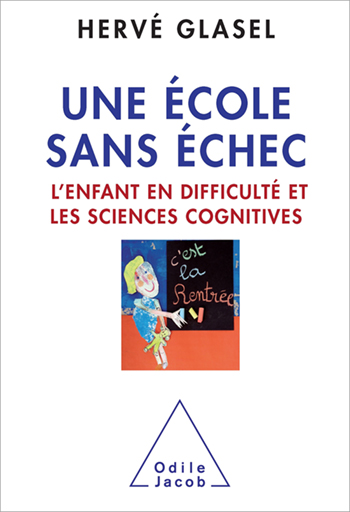
Hervé Glasel
Academic Success for All Cognitive Sciences and Children with Learning Difficulties
How can children with learning difficulties be helped? The neurosciences offer a number of concrete solutions for teachers and parents
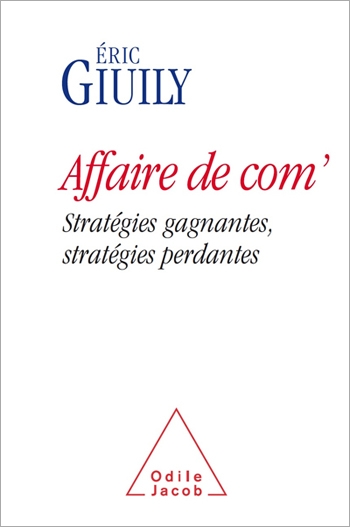
Éric Giuily
A Question of Spin Winning Strategies, Losing Strategies
A leading expert reveals in six crucial points how to communicate convincingly
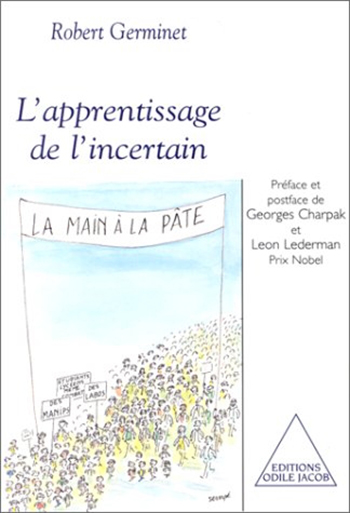
Robert Germinet
An Apprenticeship in the Uncertain
"When I got my degree from the Ecole des Mines, I didn't know how to do anything with my hands. But there was nothing surprising about that: I was an unalloyed product of French teaching methods. I realised that it would be useful to teach students not to be afraid to get their hands dirty: to educate future engineers by first of all inculcating in them an experimental approach to science. The idea was to send them out into the field, dressed in workers' overalls; to make them share in the concerns of the technicians, as well as in management's problems: in short, to make them ingenious engineers." Georges Charak Robert Germinet, who holds a doctorate in physics, is the director of the Ecoles des Mines, Nantes, and regional director for industry, research and the environment for the Pays de la Loire.
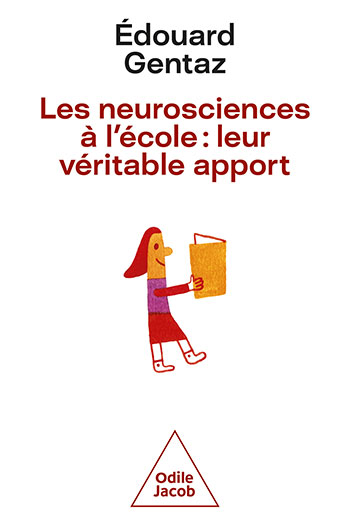
Édouard Gentaz
The True Contribution of Neuroscience to School A Neuromyth?
A clear and practical book, based on several multidisciplinary studies, which critically evaluates the true contribution of neuroscience to teaching and learning.
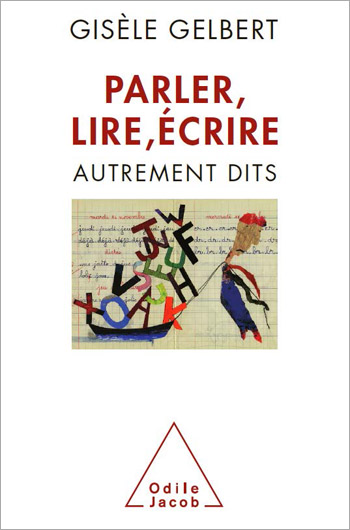
Gisèle Gelbert
Speaking, Reading, Writing In Other Words
A completely original approach to aphasic language disorders...
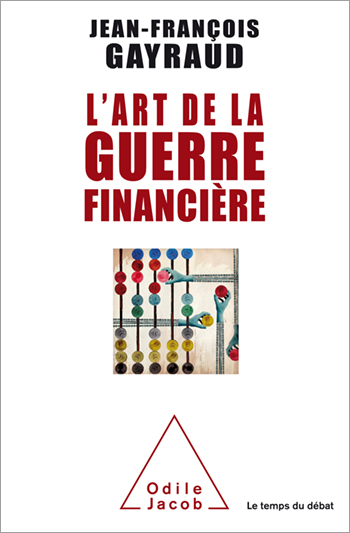
Jean-François Gayraud
The Art of Financial War
Finance is waging a war of encroachment against populations and states
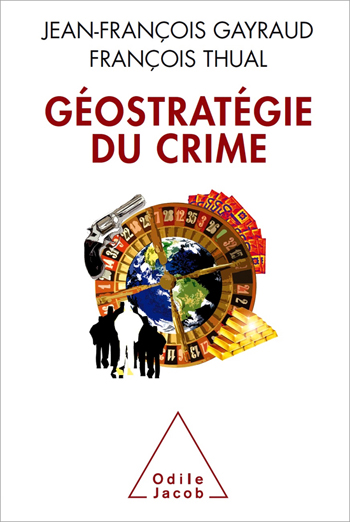
Jean-François Gayraud, François Thual
Geostrategy of Crime
Crime has not escaped from the effects of globalisation — with dire results. Two experts examine here the threats to our present and future security.
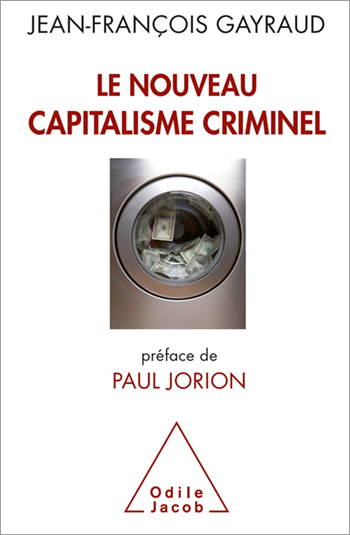
Jean-François Gayraud
A New Criminal Capitalism Financial crises, money laundering, high-frequency trading
How crime creeps into the heart of the global financial system — and perverts it
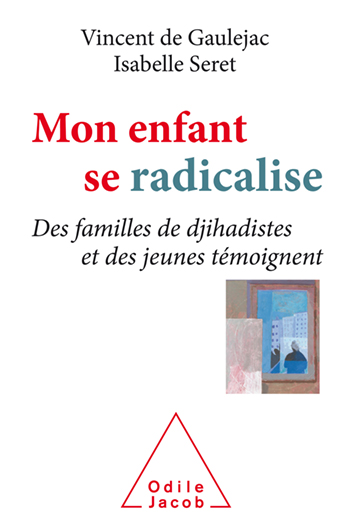
Vincent deGaulejac, Isabelle Seret
Preventing Radicalization: Jihadism, Terrorism
Undertaken first in Belgium shortly after the attacks that occurred in that country, this approach has received a great deal of attention from public authorities, and is seeing increasing interest in France, given the failure of de-radicalization policies.
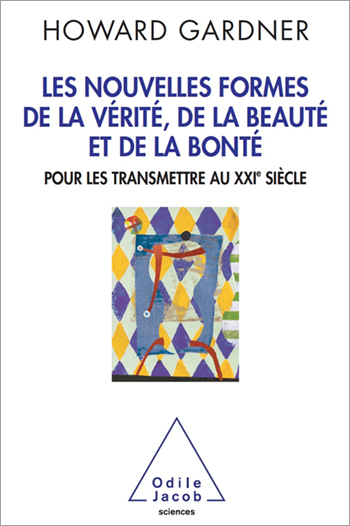
Howard Gardner
Truth, Beauty, and Goodness Reframed Educating for the Virtues in the Twenty-First Century
Truth, Beauty, and Goodness Reframed is an approachable primer on the foundations of ethics in the modern age.
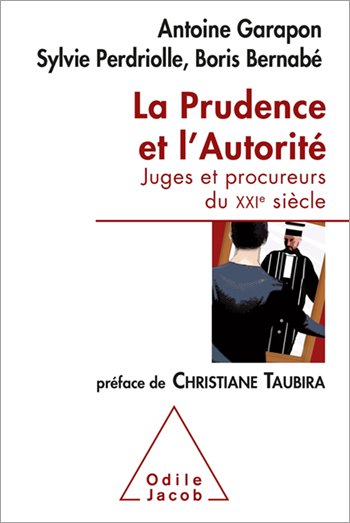
Antoine Garapon, Sylvie Perdriolle, Boris Bernabé
Prudence and Authority The Judge’s Role in the 21st Century
The new role of French judges, according to a report that will be submitted to the government in January 2014
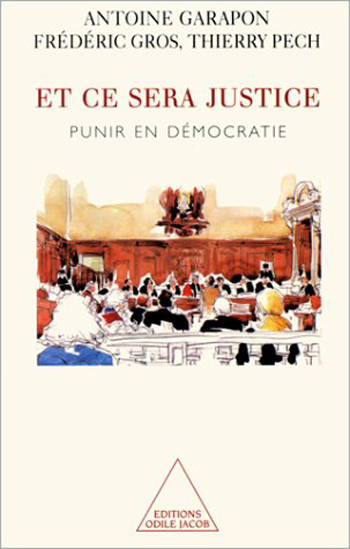
Antoine Garapon, Frédéric Gros, Thierry Pech
And this is Justice Punishment in a Democracy
What is the meaning of a sentence? This is the issue that the present book faces squarely and directly, from the philosophical, ethical and political angles. The authors goal is less to confront different viewpoints than to defend a shared belief: a just sentence is one that restores bonds. Antoine Garapon is a former juvenile judge. Frédéric Gros is a philosopher. Thierry Pech is a researcher.
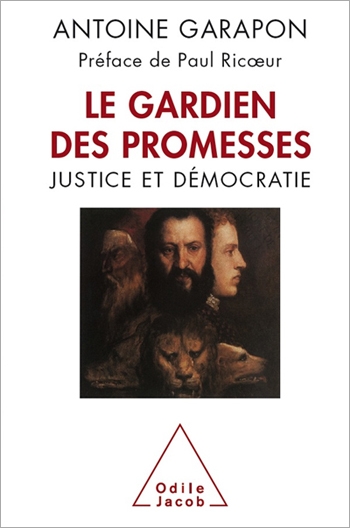
Antoine Garapon
The Guardian of Promises Justice and Democracy
The multiplying cases, the explosion of litigations, the sensational trials which catch the attention of the public : all are evidence of a growth in power of the judicial system, which we expect to be, at the same time, the arbiter of morals, the guarantee of public morality and responsible for the salvation of the people. But why dont we ask what things it cannot provide ? Isnt the idea of a judicial democracy just an illusion, which serves to hide serious problems ? The power of the judicial system is more worrying than exciting. It is an indicator of the discreditation of the State at the same time as a reduction in social cohesion. In the face of the fragility of democratic society, this book is a thorough reflection on the exercise of public power, affirming that the real role of the judge is not to take the place of the politic, but to diffuse the risk of democratic implosion by remaining the guardian of the promises at the very heart of republican laws. Antoine Garapon, a former judge and member of the editorial team of the journal Esprit, is the head of the Institute of Advanced Judicial Studies.
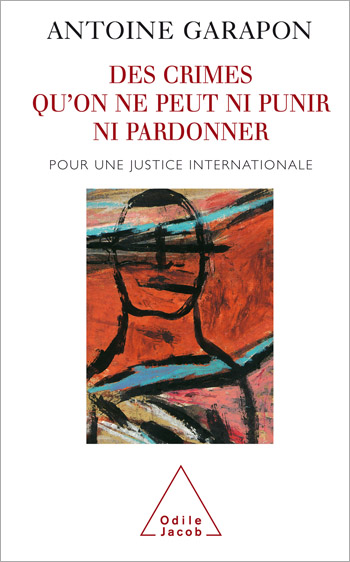
Antoine Garapon
Crimes Which Can Neither be Punished Nor Forgiven Towards an International Justice
The creation of a system of international criminal justice was one of the greatest political upheavals of recent decades. The fact that international criminal law has been allowed to question national sovereignty is a revolution in itself. The detractors of international justice contend that it is simply the justice of the victors. Could they be right? Have law and ethics been muddled? Have the trials conducted in its name helped heal the victims? Can justice prevent civil war? A former magistrate, Antoine Garapon heads the Institut des hautes études sur la justice.

